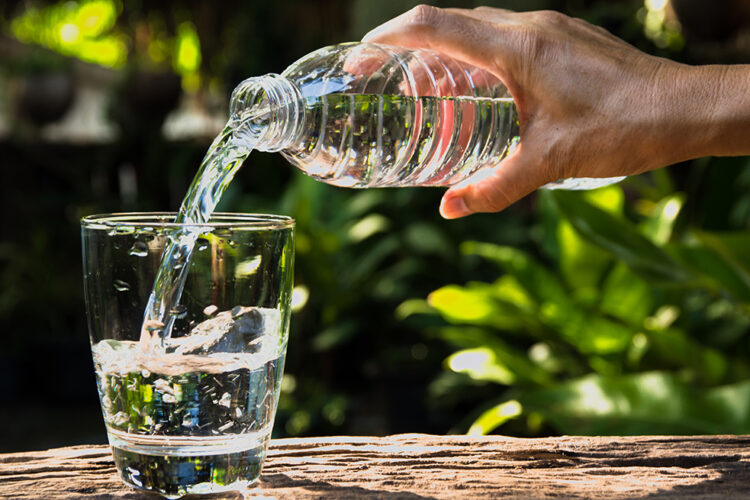With so many drinks filled with empty calories on supermarket shelves. it can be hard to find healthy drinks that also come with vitamins and minerals. But fear not, there are plenty of nutritious beverages to quench your thirst if you’re in the mood for something other. than plain or infused water, will try know What are the healthiest drinks?
1.Water: the most important drink for health
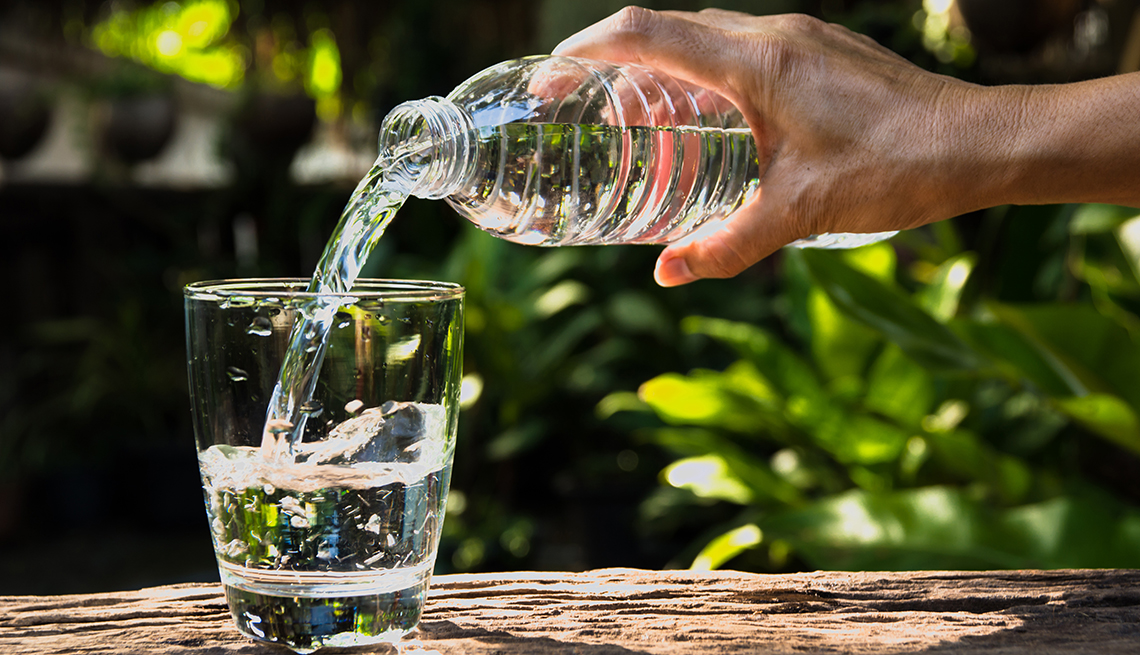
Water is probably one of the most underrated drinks when it comes to health benefits. However, it is the most important drink for our body.because it is essential for life. Indeed, water helps regulate body temperature, eliminate waste, transport nutrients and help with digestion.
Water is also essential for maintaining healthy.hydrated skin, strong hair and nails, and maintaining a healthy weight. It also helps reduce the risk of heart disease and type 2 diabetes.
It is recommended to drink at least eight glasses of water per day to maintain adequate hydration. However, this amount may vary depending on individual .needs, age, weight and physical activity.
It’s important to note that tap water is generally safe to drink,but it’s always a good idea to check with local authorities if you have any doubts. It’s also important .to replace sugary drinks and energy drinks with water to avoid empty calories and health risks.
In summary, water is the most important drink for health because it is essential for life. It is recommended to drink at least eight glasses of water .per day to maintain adequate hydration and reduce the risk of disease. It’s important to replace sugary drinks and energy drinks with water to avoid empty calories and health risks
2. Fresh fruit and vegetable juices: a source of vitamins and minerals
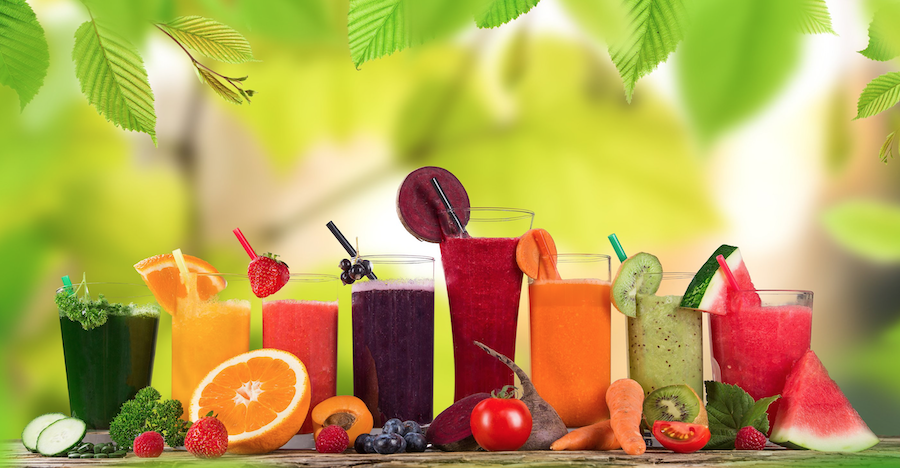
- Fresh fruit and vegetable juices are an excellent source of vitamins and minerals. which are essential for maintaining good overall health. Fresh fruits and vegetables contain antioxidants, fiber and phytonutrients that may help prevent heart disease. cancer and other chronic illnesses.
- also Fresh fruit juices, such as orange, apple and cranberry juice, are rich in vitamins C, A and E, which are important antioxidants for protecting cells against free radicals. They are also an excellent source of potassium, which helps regulate blood pressure and maintain muscle function.
- Fresh vegetable juices, such as carrot, beet, and tomato juice, are rich in vitamins A, C, and K, as well as iron and potassium. They are also rich in phytonutrients such as carotenoids and flavonoids, which have anti-inflammatory and anti-cancer properties.
It’s important to note that fresh fruit and vegetable juices are often more nutrient dense. than canned or bottled fruit and vegetable juices because they contain no added sugar and have often been juiced recently. It’s also important not to overdo it, as they also contain natural sugars and can impact blood sugar levels.
In summary, fresh fruit and vegetable juices are a source of vitamins .and minerals essential for health. They contain antioxidants, fiber and phytonutrients that may help prevent heart disease, cancer and other chronic illnesses. It is important to favor fresh juices and not to overdo it because they also contain natural sugars.
3. Green tea: rich in antioxidants and catechins
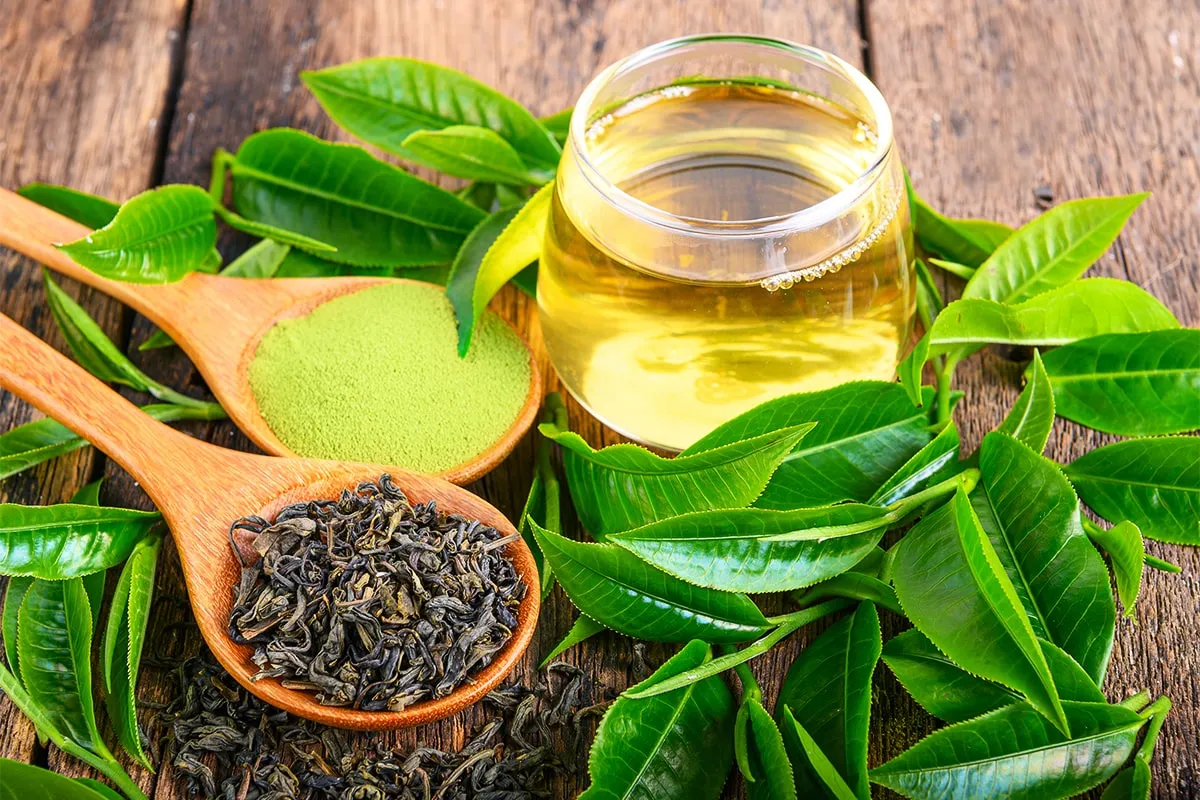
Green tea is a popular beverage that has been used for centuries for its health benefits. It is known to be rich in antioxidants and catechins, which are plant compounds beneficial to health.
Antioxidants are molecules that help protect cells against free radicals.which can cause cellular damage and chronic disease. Catechins, which are flavonoids, are one of the main types of antioxidants found in green tea.
Research shows that drinking green tea may help reduce the risk of heart disease. type 2 diabetes, and certain types of cancer. It can also help improve mental health, reduce stress and improve memory.
Green tea also contains caffeine, which can help increase alertness and concentration. However, it is recommended not to consume in excess. as caffeine can cause insomnia and anxiety in some people.
It is also important to note that green tea may interfere with certain medications, so it is recommended to consult a doctor before starting to drink it regularly.
In summary, green tea is a drink rich in antioxidants and catechins. plant compounds beneficial to health. It may help reduce the risk of heart disease, type 2 diabetes, and certain types of cancer. It also contains caffeine, so it is recommended not to consume it in excess, and to consult a doctor before starting to drink it regularly.
4. Coffee: beneficial for heart health and the nervous system

Coffee is a popular beverage consumed around the world, which is often associated with increased energy and alertness. It is also beneficial for heart health and the nervous system.
Research shows that drinking coffee regularly can help reduce the risk of heart disease. type 2 diabetes, and certain types of cancer. This is mainly due to the presence of caffeine and antioxidant compounds in coffee.
Coffee also contains caffeine, a substance that stimulates the central nervous system, can help improve alertness, memory and mental performance. Caffeine may also help reduce feelings of fatigue and increase endurance during exercise.
It is important to note
however, that drinking too much coffee can cause side effects such as insomnia. anxiety, and increased blood pressure. It is therefore recommended to limit your consumption to around 2 to 3 cups per day. It is also important to choose quality coffees to avoid coffee blends containing artificial additives which can have negative health effects.
In summary, coffee is a beneficial drink for heart health and the nervous system, thanks to its caffeine and antioxidant compound content. It may help reduce the risk of heart disease, type 2 diabetes, and certain types of cancer. However, it is important to limit your consumption to around 2 to 3 cups per day to avoid unwanted effects. It is also important to choose quality coffees to avoid blends containing artificial additives
5. Energy drinks: positive and negative effects on health
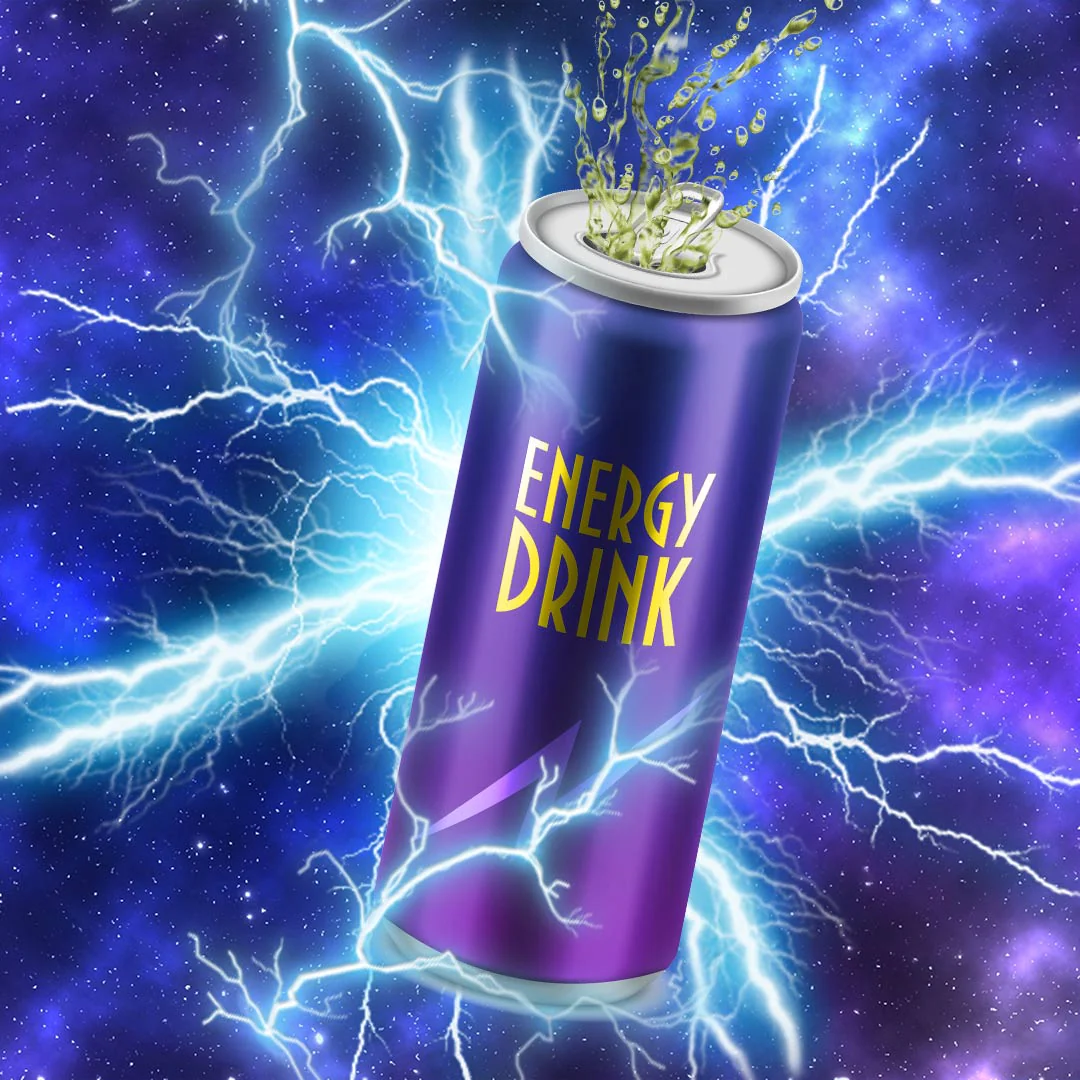
Energy drinks are becoming increasingly popular, especially among adolescents and young adults, because of their promise to provide energy and alertness. These drinks usually contain caffeine, taurine and vitamins, which are believed to increase energy and mental performance.
It is true that the caffeine contained in these drinks can have positive effects on mental and physical performance. It can help increase alertness, memory, and performance in certain tasks. However, it is important to note that these drinks often contain high doses of caffeine which can cause adverse effects such as insomnia, anxiety and increased blood pressure.
There is also evidence that excessive consumption of energy drinks can lead to serious health problems, such as heart problems, psychological disorders, and high blood pressure problems.
Additionally, these drinks often contain ingredients such as taurine and vitamins that are not well understood, and may have negative long-term health effects.
It is recommended to limit the consumption of energy drinks and choose healthier options to increase energy, such as drinking water, coconut water, green tea and quality coffee. It is also important to consult a doctor if you have pre-existing health conditions or are sensitive to caffeine.
In summary, energy drinks may offer temporary positive effects on mental and physical performance thanks to the presence of caffeine. However, they can cause side effects such as insomnia, anxiety, and long-term heart problems due to excessive consumption. It is therefore recommended to limit the consumption of these drinks and choose healthier options to increase energy. It is also important to consult a doctor if you have pre-existing health conditions or are sensitive to caffeine
6. Alcoholic beverages: moderate consumption and health risks.

Alcoholic beverages are commonly consumed beverages around the world, but it is important to understand the health risks associated with excessive consumption. The World Health Organization (WHO) defines moderate alcohol consumption as up to one drink per day for women and up to two drinks per day for men.
Excessive alcohol consumption can cause significant health damage, such as heart disease, liver problems, strokes, mental disorders and cancers. Alcohol can also cause car accidents, violence and social unrest.
It is important to note that health risks vary depending on age, gender, health status and drinking history. Women are more likely to suffer from the negative effects of alcohol than men, due to their higher blood alcohol levels for the same doses of alcohol. People with a family history of alcohol-related illnesses are also at greater risk of developing alcohol-related health problems.
It is recommended to limit alcohol consumption and not drink in excess. It is also important not to drive after drinking alcohol and to be aware of the health risks associated with excessive drinking. People with alcohol-related problems should consult a healthcare professional for help.
alcoholic beverages In summary are commonly consumed around the world. but it is important to understand the health risks associated with excessive consumption. Moderate alcohol consumption is defined as up to one drink per day for women and up to two drinks per day for men. Health risks vary depending on age, gender, health and drinking history. It is recommended to limit alcohol consumption and not drink in excess to avoid health risks.
What are the healthiest drinks?
In conclusion, it is crucial to take into account the different drinks that. we consume regularly, as they can have a significant impact on our health. Among the healthiest drinks we can mention water, which is essential for life and plays a key role in hydrating our body.
Fresh fruit and vegetable juices are also an excellent source of vitamins and minerals, which are essential for maintaining good overall health. Green tea is rich in antioxidants and catechins, plant compounds beneficial to health. Coffee, if consumed in moderation, can have beneficial effects for heart health and the nervous system.
It is important to note that energy drinks, although they may offer temporary positive effects on mental and physical performance, can cause adverse effects such as insomnia, anxiety and long-term heart problems if excessive consumption. It is therefore recommended to limit their consumption.
Finally, it is important to highlight the health risks associated with excessive .alcohol consumption. Health risks vary depending on age, gender, health and drinking history. It is therefore important to limit alcohol consumption and not drink in excess to avoid health risks.
By taking all of these elements into account. it is possible to choose healthier drinks to maintain good overall health and improve our quality of life.
